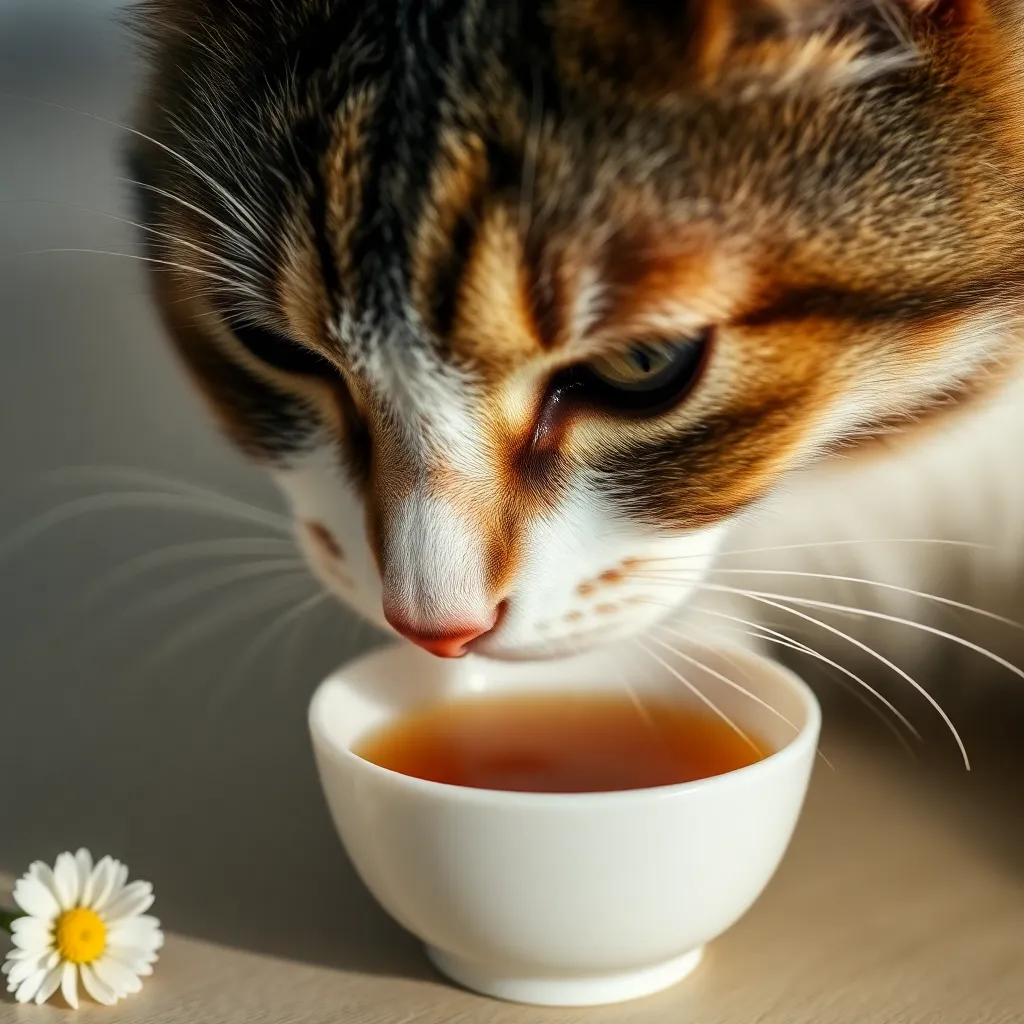Cats, with their independent spirits and endearing quirks, often become beloved members of our families. However, even these furry companions can suffer from allergies, impacting their comfort and quality of life. This comprehensive guide explores common feline allergies, their symptoms, and how natural remedies can offer relief. We’ll delve into the world of herbal solutions and provide practical advice for managing your cat’s allergies effectively.
Keywords: cat allergies, feline allergies, allergic cat, cat allergy symptoms, natural remedies for cat allergies, herbal remedies for cats, homeopathic remedies for cats, cat allergy treatment, managing cat allergies, itchy cat, cat skin problems, food allergies in cats, environmental allergies in cats.
Understanding the root cause of your cat’s discomfort is the first step towards effective management. Feline allergies manifest in various ways, often causing significant distress. Common symptoms include:
- Itching and scratching: Excessive grooming, leading to hair loss and skin irritation.
- Skin problems: Redness, inflammation, hot spots, and even secondary skin infections.
- Gastrointestinal issues: Vomiting, diarrhea, and loss of appetite.
- Respiratory symptoms: Sneezing, coughing, and wheezing (in cases of inhalant allergies).
- Ear infections: Inflammation and discharge from the ears.
Identifying the allergen is crucial. The most common culprits include:
- Food allergies: Certain proteins in commercial cat food, such as beef, chicken, dairy, or wheat, can trigger allergic reactions. This often manifests as gastrointestinal issues.
- Environmental allergens: Pollen, dust mites, mold spores, and certain fabrics can cause skin irritations and respiratory problems. These are usually seasonal or linked to specific environments.
- Flea allergies: Even a single flea bite can trigger a severe allergic reaction in some cats, leading to intense itching and skin inflammation.
Once you suspect an allergy, consulting a veterinarian is essential. They can perform diagnostic tests to pinpoint the specific allergen and rule out other underlying conditions. While veterinary care is paramount, many pet owners explore natural remedies to complement conventional treatments. These approaches aim to alleviate symptoms and improve the cat’s overall well-being.
Several herbal remedies have shown promise in managing feline allergies. Always consult your veterinarian before introducing any new herbal remedies to your cat’s regimen, especially if they are on other medications. Some commonly used herbs include:
- Oatmeal baths: Colloidal oatmeal soothes irritated skin and reduces itching. Add a small amount of uncooked oatmeal to warm water and bathe your cat gently.
- Chamomile: Known for its calming and anti-inflammatory properties, chamomile can be used topically (diluted) or as a calming tea (under veterinary guidance).
- Aloe vera: The gel from the aloe vera plant can soothe irritated skin and promote healing. Apply a small amount directly to affected areas.
- Calendula: This herb possesses anti-inflammatory and antiseptic properties, making it beneficial for treating skin wounds and infections. Use diluted calendula tincture or ointment.

Remember, natural remedies are not a replacement for veterinary care. They should be used as a supportive measure to enhance your cat’s comfort and improve their quality of life. Consistent and patient management is key to success.
Dietary Changes:
Dietary changes are crucial in managing food allergies. Your veterinarian might recommend a hypoallergenic diet, often consisting of novel protein sources that your cat hasn’t been exposed to before. This helps determine if a specific food is triggering the allergy. Elimination diets, where specific ingredients are removed from the diet one by one, can also be helpful.
Environmental Modifications:
Reducing exposure to environmental allergens is essential. Regular cleaning, vacuuming, and air filtration can help minimize dust mites and pollen. Washing bedding frequently and using hypoallergenic bedding can also make a difference. If your cat is allergic to fleas, regular flea prevention is crucial.
Lifestyle Adjustments:
Regular grooming can help remove loose fur, dirt, and allergens from your cat’s coat. This reduces irritation and prevents matting. Providing a stress-free environment is also important, as stress can worsen allergic reactions.

FAQ:
- Q: How can I tell if my cat has an allergy? A: Look for symptoms like excessive itching, scratching, skin problems, vomiting, diarrhea, sneezing, or coughing. A vet visit is crucial for diagnosis.
- Q: Are natural remedies always safe for cats? A: While generally safe when used correctly and under veterinary guidance, some herbs can have adverse effects. Always consult your vet before using any herbal remedies.
- Q: How long does it take for natural remedies to work? A: The effectiveness of natural remedies varies depending on the severity of the allergy and the individual cat. Some relief may be seen within days, while others might require longer-term use.
- Q: Can I use human allergy medication on my cat? A: Absolutely not. Human medications can be toxic to cats. Always use medications prescribed by your veterinarian.
- Q: What if natural remedies don’t work? A: If natural remedies don’t provide sufficient relief, your veterinarian may recommend other treatments, such as prescription medications or immunotherapy.
By understanding feline allergies and employing a holistic approach that combines veterinary care with natural remedies and lifestyle adjustments, you can help your furry friend live a happier, healthier, and itch-free life. Remember, patience and consistency are key to managing feline allergies effectively.
Share this content:






